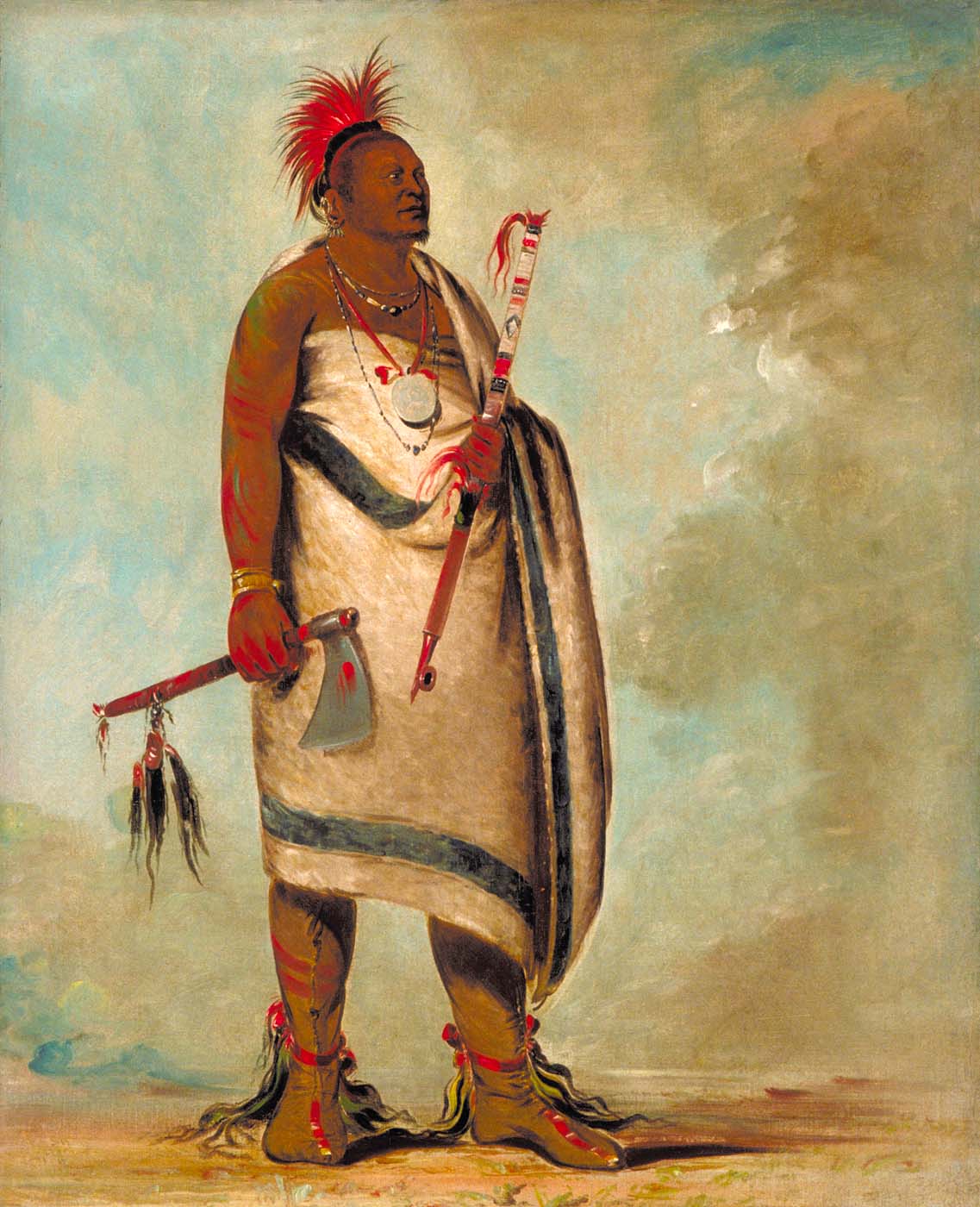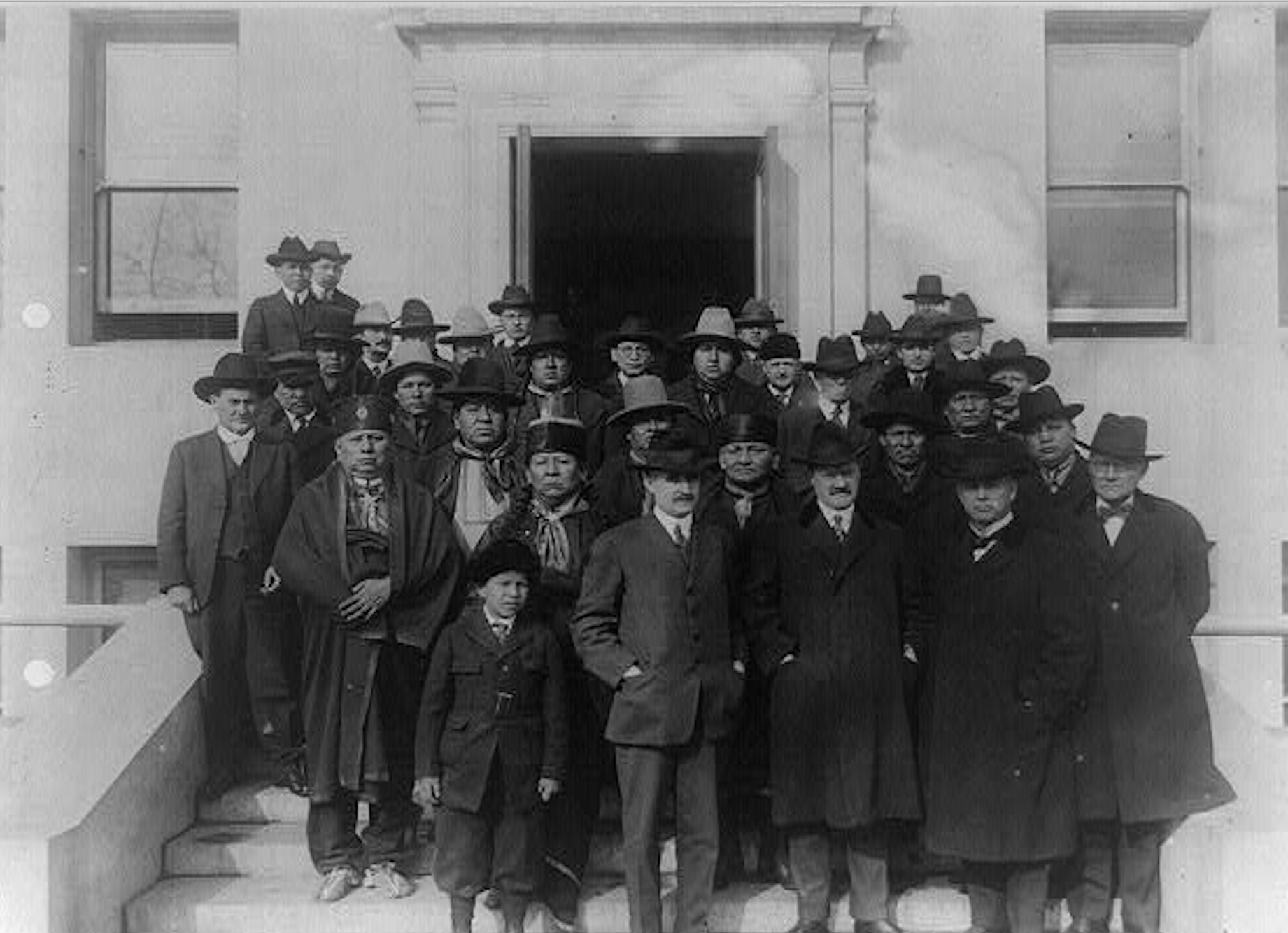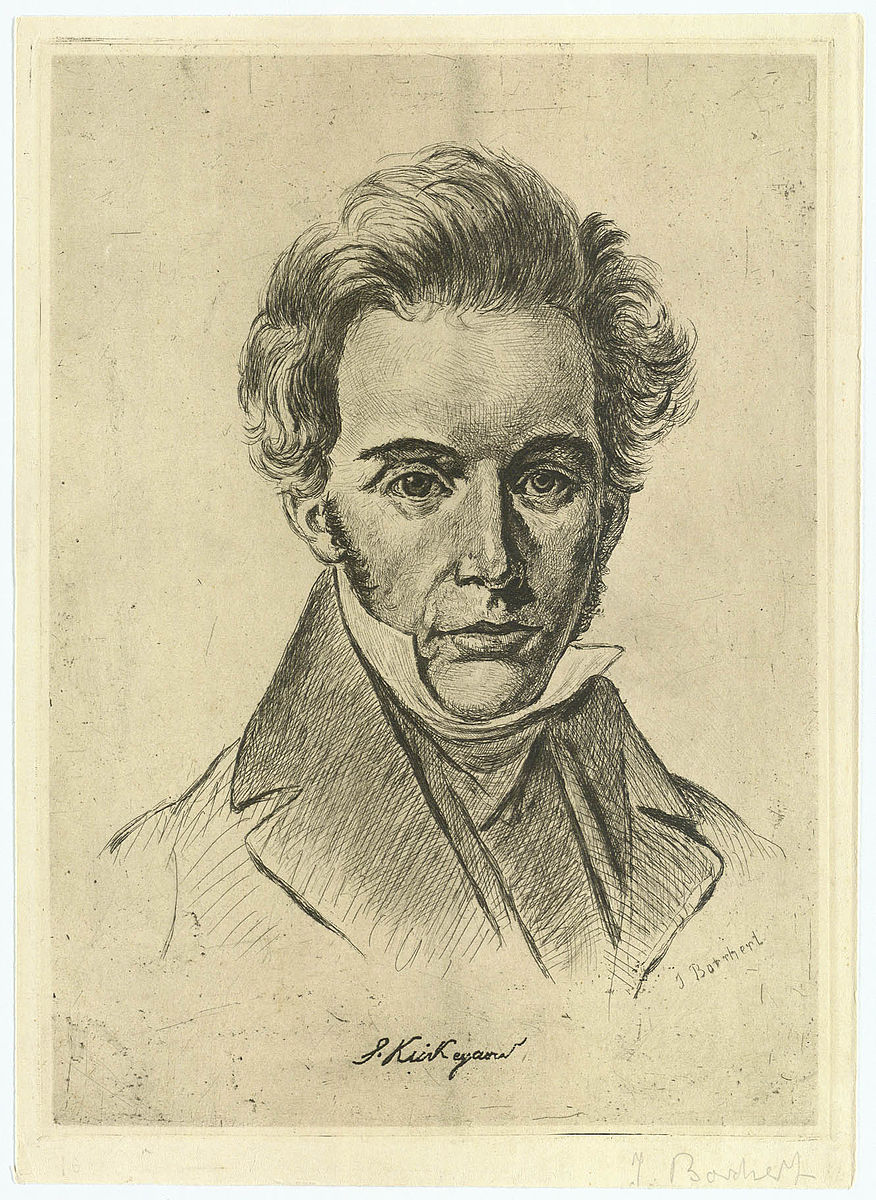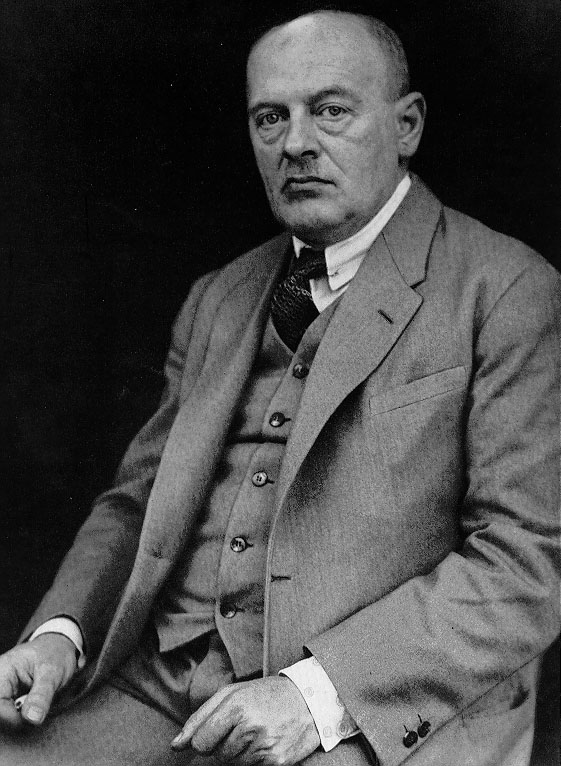The following is the first installment of a two-part series. As we witness the aftermath of the initial responses to the ongoing COVID-19 pandemic — the failures and successes of the various shelter-in-place orders and a global economy interrupted — it is difficult not to notice the fact that in the age of Coronavirus, our […]
Author: editors_religioustheory
Religious Studies – The Final Colonization Of American Indians, Part 2 (Tink Tinker, wazhazhe udsethe)
The following is the second of a two-part series. The first can be found here. Indian cultures are very complex, and Osage culture is no different in that regard. Every ukon or wigie[1] is aligned around these paired divisions, and particular clans might have clan specific-responsibilities (hence, division-specific) in any wigie or ukon. For example, […]
Religious Studies – The Final Colonization Of American Indians, Part 1 (Tink Tinker, wazhazhe udsethe)
The following is the first of a two-part series. The second can be found here. In late 2019 I was invited to deliver a paper at an international symposium, “Re-Envisioning Religious Studies as a Global Discipline,” hosted by the Journal for Cultural and Religious Theory held in conjunction with the annual American Academy of Religion […]
Revolutionary Love – Kierkegaard’s Gift Economy As A Religious Corrective To The Leveling Of The Public Sphere, Part 2 (Andrew Ball)
The following is the second insatallment of a three-part series. The first can be found here. Kierkegaard’s Agapic Gift Economy In his late authorship Kierkegaard articulates the social ontology that has implicitly grounded his previous works, calling for his readership to reassess the site and mode of Kierkegaard’s beginnings, the starting point of existential relation. […]
Revolutionary Love – Kierkegaard’s Gift Economy As A Religious Corrective To The Leveling Of The Public Sphere, Part 1 (Andrew Ball)
The following is the first of a three-part series. Though Kierkegaard is typically considered to be the consummate philosopher of the single individual, his critique of secular modernity and institutional Christendom provide us with greater insight into the place of the social and political spheres in the trajectory of his authorship and existential thought. His […]
“Naming The Darkness,” Spiritual Violence, And Radical Incompleteness – Resituating A Political Theology, Part 2 (James E. Willis, III)
The following is the second of a two-part series. The first can be found here. Martin Hägglund: Democratic Socialism A philosophy of finite human time is one way to read Martin Hägglund’s recent This Life because time is of critical importance in his corpus to date[1]. His interpretation of Marx centers on “labor time” to […]
“Naming The Darkness,” Spiritual Violence, And Radical Incompleteness – Resituating A Political Theology, Part 1 (James E. Willis, III)
The Death of God theological movement of the mid-twentieth century serves as a productive starting place to consider spiritual violence in our time, or the forceful displacement of human relations in religious belief both as individuals and as a community. Spiritual violence is examined through a political reading of Simon Critchley’s mystical anarchy and Martin […]
The Curious Whiteheadian Proclivity In Scheler’s Account Of God And Persons, Part 2 (J. Edward Hackett)
The following is the second installment of a two-part series. The first can be found here. Geist und Drang Before talking about Scheler’s conception of the person. I should briefly discuss why it is that we are talking about Scheler’s view of the person in philosophical anthropology if we are interested in Scheler’s panenetheistic conception […]
The Curious Whiteheadian Proclivity In Scheler’s Account Of God And Persons, Part 1 (J. Edward Hackett)
The following is published in two parts. Phenomenological Intuition and the Personal Sphere Before explicating the underlying structure of Scheler’s panentheism, I wanted to take some time and explain what Scheler’s phenomenological method entails and how this phenomenological commitment, though never abandoned in spirit, opened up his initial efforts to characterize religious acts and religious […]
“The Reluctant Fundamentalist” And The Inhospitable State – Abrahamic Hospitality And The Limits Of Multiculturalism, Part 2 (Emily McAvan)
The following is the second of a two-part series. The first can be found here. The Failure of Hospitality Yet even in the first bloom of his success in New York, it is clear that Changez’s acceptance is conditioned largely on his assimilation to the norms of the American ruling class. At Underwood Samson, “we […]









